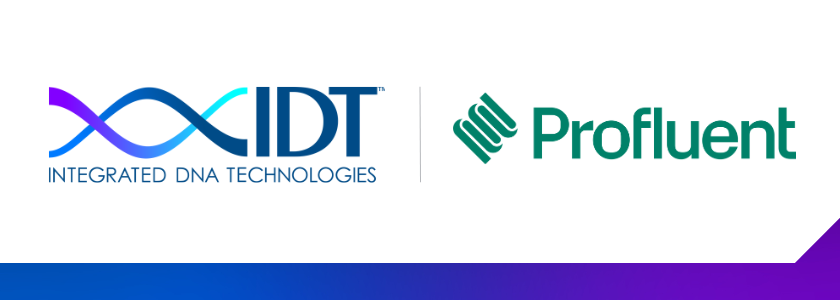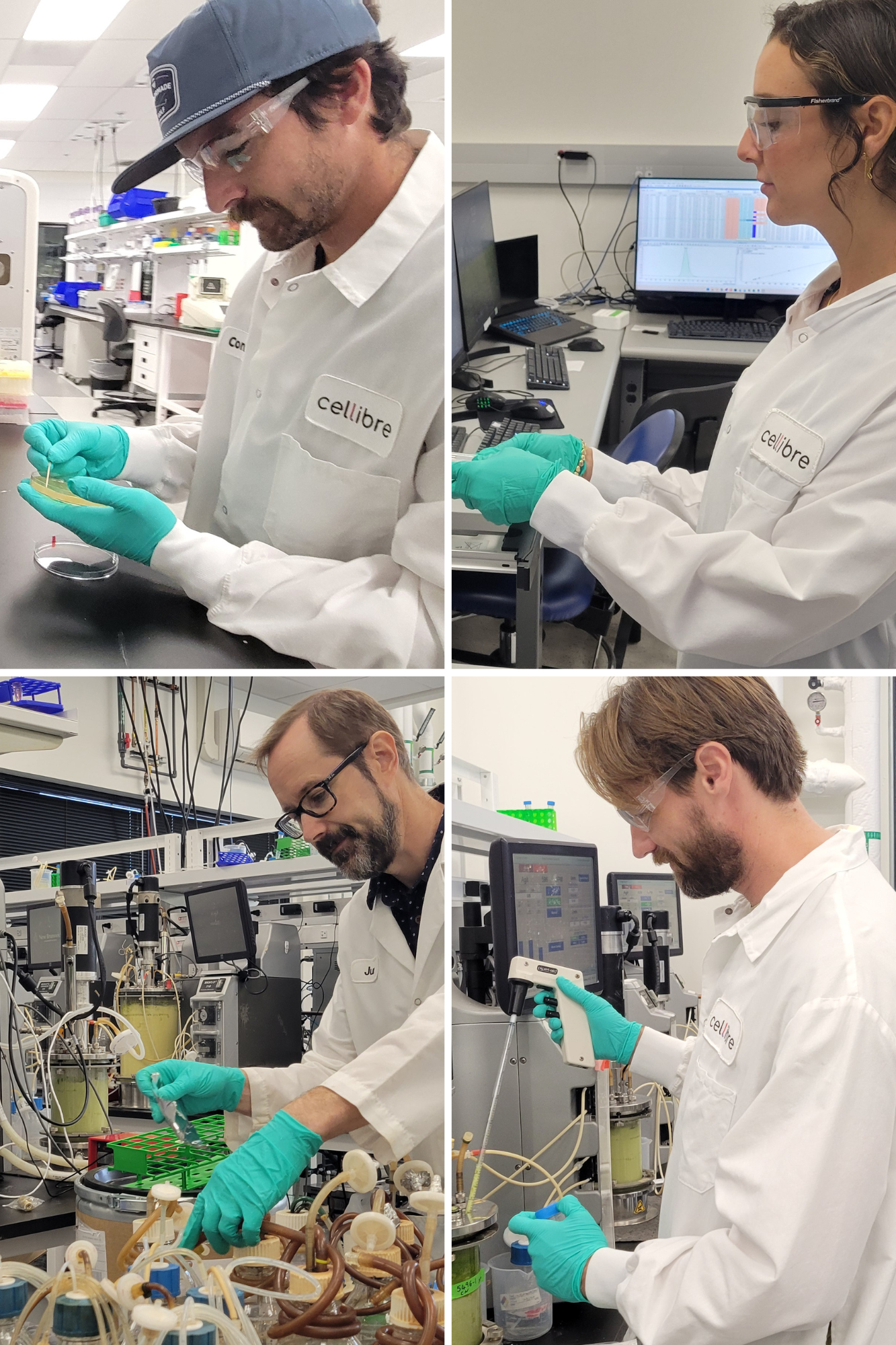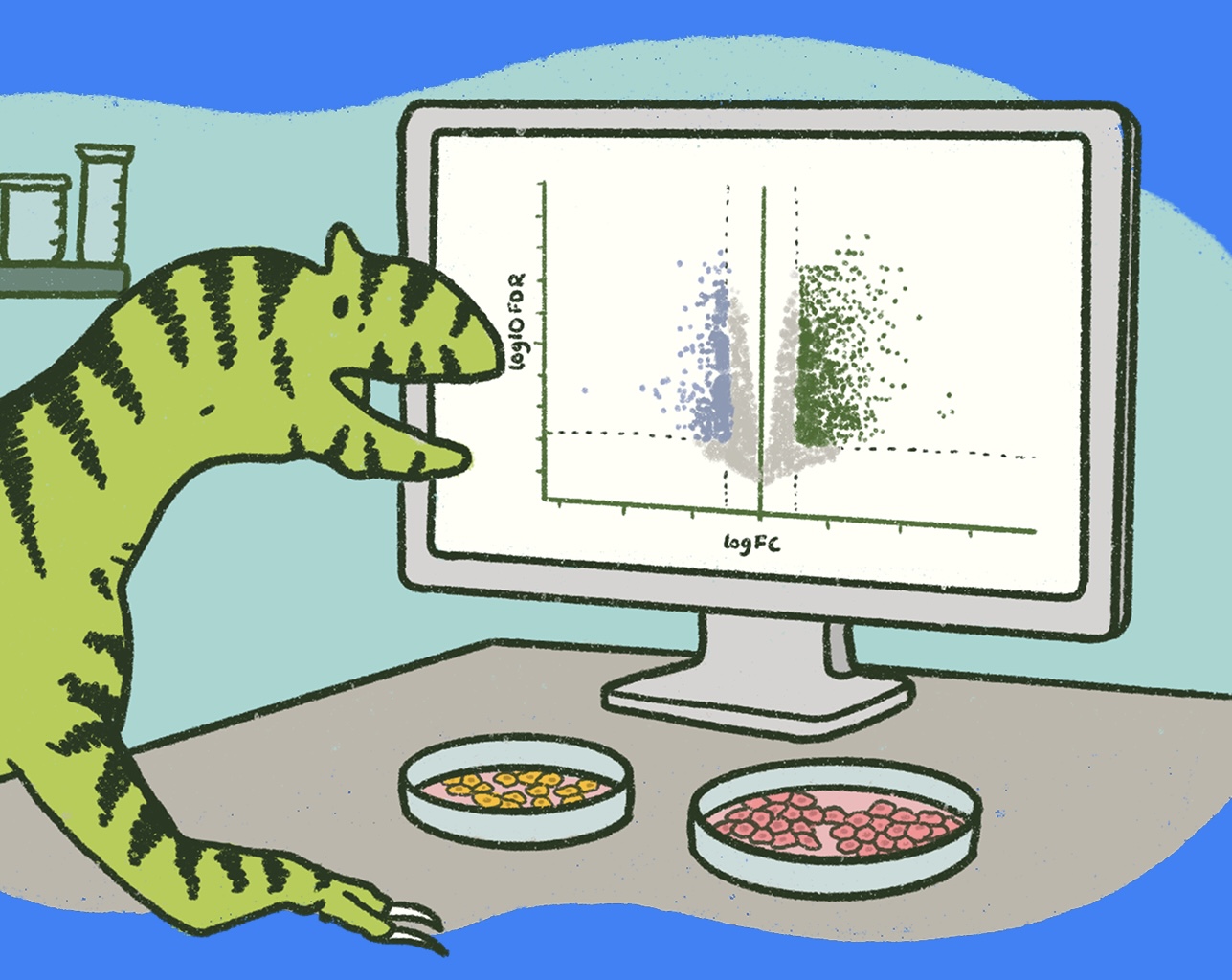Vegan pet food: A billion-dollar industry?
It’s no secret that 2018 has been the year of the vegans. With Veganuary seeing 168,000 official participants, versus only 3,300 in 2014, and with GlobalData reporting a 600% increase in people identifying as vegan in the US over the last 3 years, it seems that veganism isn’t just a fad. Taking a look ahead, it seems that the trend is extending beyond those people keen to live a cleaner, healthier lifestyle, to their furry friends’ diet too.Veganism is well-established for humans – as omnivores, we are able to live on a meat-free diet, and the benefits of reduced meat consumption to the planet’s environment are clear. But concerns around pet nutrition needing to have a carnivorous base, and the idea of ‘forcing’ an arguably human moral ideal onto our animals, results in a fiery vegan pet food debate.Ryan Bethencourt, CEO of Wild Earth, is leading the charge towards a different kind of pet food. With the first fungi-based plant food launching late 2018 – made with koji-based cultured protein – they are at the forefront of a new approach to feeding animals. The company kicked off with $4 million already invested at the start of this year, and their plan is to go after the entire pet food market moving forward.

Ryan Bethencourt, co-founder and CEO of Wild Earth. Ryan was a co-founder at IndieBio and has invested in over 70 early stage biotech startups and served as the head of life sciences at the XPRIZE Foundation.“I actually think that the transition into pets is a really important one, because if you care about animals, the environment, and the other ethical aspects, I think we can feed animals in a healthy way – provide them with all the nutrition they need – and actually make it a net benefit to the world”, Ryan explains.The vegan angle is a niche one, though, and could easily be a turn off for many consumers more interested in ensuring their pets get what they believe the pet nutritionally needs, and for investors wanting a high return. Bethencourt has other ideas: “Funnily enough, I don’t actually view Wild Earth as a vegan pet food company – I think we’re a clean protein company…it just happens to be vegan, but the addressable market is much higher. It could easily be 30-50% of the market: people who care about clean, sustainable protein for their pets.”And it’s not just about creating cleaner, healthier food for pets, Wild Earth is really about ensuring pets simply have good food – food that we as humans would be happy to eat.Not only is pet food usually a crude hydrolysed mixture of the non-human-grade parts of farmed animals – beaks, feathers and the like – but there have also been some troubling FDA reports of late highlighting how dangerous pet food can really be. With so many reports of contaminations by the FDA, with salmonella traces being found almost every week, as well as a recall earlier this year of 108 million cans of dog food due to traces of a euthanasia drug found, meat-based pet food can be a problematic source of nutrition for reasons beyond ethics and the environment.

Source: https://www.wildearthpets.com/blog/things-you-should-know-about-canine-food-allergiesCompanies like The Farmer’s Dog and Ollie have cottoned on to this gradual unearthing of the poor quality of pet food, by selling human-grade meat for animals. Wild Earth, though, are currently the only team working on meat-less pet food which can guarantee nutrition for pets.Naysayers may claim that dogs and cats require meat though, being in order Carnivora. But with dogs actually being omnivores, and true herbivores such as pandas also belonging to the same order, it seems a rethink is required. Bethencourt explains: “With cats, they are obligate carnivores, which means they need flesh to stay healthy…and for the most part, that’s taurine and carnitine – these are the two amino acids that are present in flesh – so you can create a product with these supplementations.”

Ron Shigeta is a serial biotech entrepreneur and the co-founder/CSO of Wild Earth. Together with Ryan Bethencourt, Ron has funded over 70 startups that have redefined food, manufacturing, and consumer products through biotechnology.Bethencourt is convinced that others will follow in the quest to create meat-less protein-heavy pet food, in a similar vein to the story of Memphis Meat’s growth. And with more companies creating this kind of solution, the market can only grow – possibly even to that all-important billion dollar worth.“We think this is something the market would be open to, once they start thinking a bit differently. What we found is that when we call it ‘vegan dog food’, people think it’s for vegans, instead of when you say ‘it’s an alternative protein which is clean, and doesn’t have any of these contaminants’.”It’s a bit of a mouthful, though, so Wild Earth and anyone else venturing into this space have a huge marketing and culture-change challenge on their hands. For Bethencourt, though, it’s a simple line of communication: “We need to get people to see that what they’re feeding their pets today is not what they would call meat anyway.”Ryan will be speaking at the SynBioBeta 2018 Global Synthetic Biology Summit in San Francisco, October 1–3, as part of the Synthetic Biology Week. Register now!




.svg)











.gif)